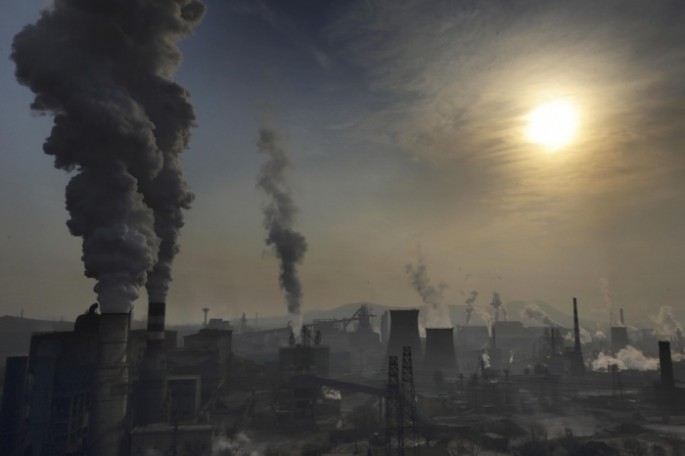Chinese environmental protection authorities, for the first time, have shown they are part of state power by calling on provincial leaders to discuss local pollution problems on a talk-down session, according to a report by China Daily.
The special team on environmental protection summoned Hebei Province's highest officials for a meeting on Tuesday, Jan. 6, as stated by official media reports.
Hebei Province, with its plethora of highly polluting heavy industries like cement, coal power and steel, heavily contributed to the pollution and thick smog its neighbors Beijing and Tianjin experienced.
Present at the talk-down meeting were Zhao Kezhi, the provincial Party chief, and Zhang Qingwei, governor of Hebei Province.
During the session, the inspection team and the Hebei officials focused on the environmental problems that plague the locality.
Zhao expressed dedication and full support for the inspection team's work. He is also onboard the plan to punish officials who are found guilty of being responsible for the pollution in Hebei Province, "especially for those suspected of dereliction and abuse of power."
Provincial authorities are also willing to listen and cooperate with the inspectors to speed up the process and meet the central government's expectations, said Zhao.
The investigation on the sources of pollution started on Monday, Jan. 4, and is expected to wrap up on Feb. 4. According to Central China Television, the inspection team has received around 150 complaint calls a day, and keeps their telephone and online channels open. Field investigations are also performed.
The environmental protection team is spearheaded by former and current deputy ministers of environmental protection.
Meanwhile, officials from the State Council and the Communist Party of China Central Committee complete the team and add power and authority.
Once the team discovers severe problems that involve pollution and dereliction of duty among government officials, it will directly report to the State Council. The cases will also be transferred to anti-corruption authorities, personnel organizations and Party disciplinary organs.
The investigation will be carried out on other provinces by other central inspection teams in a span of two years.



























